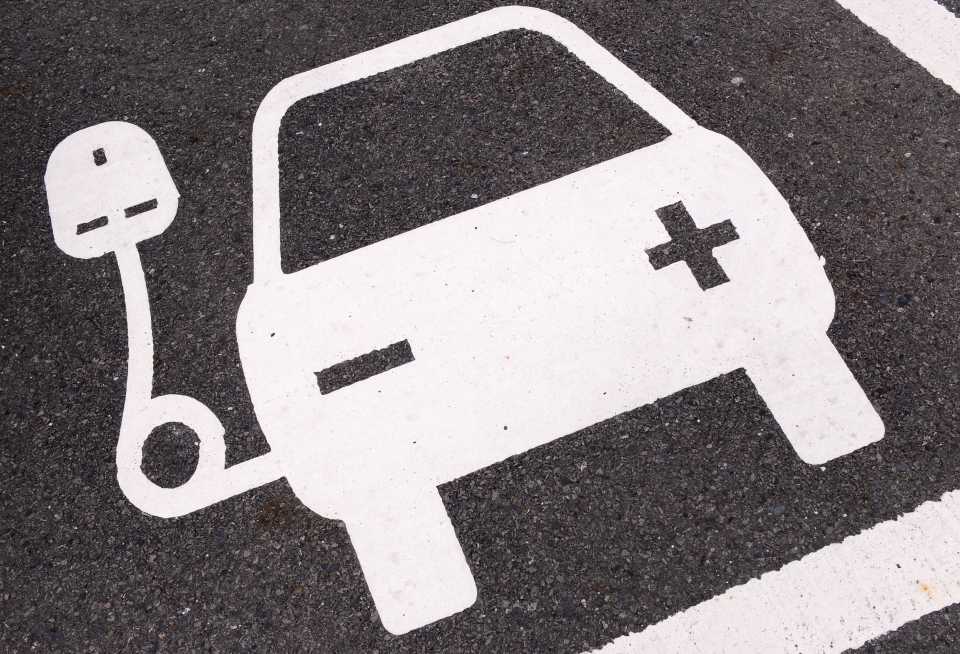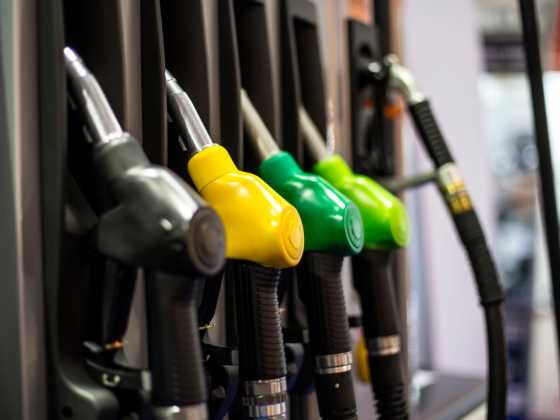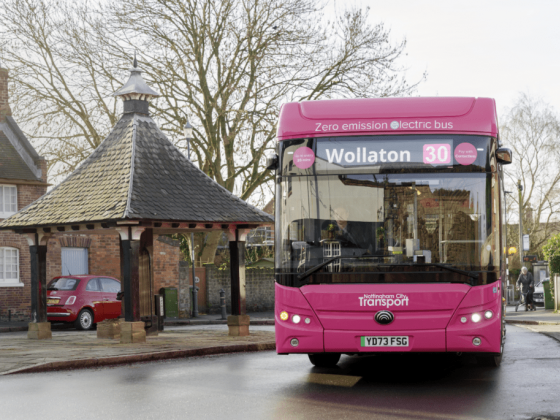Seventy per cent of motorists would buy an EV but key barriers remain

Over 70 per cent of consumers would consider buying an electric vehicle, according to a survey by AA Populus of over 10,000 drivers.
Commissioned for the LowCVP’s annual conference, which takes place today (12 July), the survey found that the key barriers to EV uptake are purchase price and the availability of public charging points. Uncertainty about aspects of the technology: vehicle range, the availability and accessibility of charging points, battery durability and service and repair infrastructure - were also found to be of considerable concern.
Edmund King, AA President, presenting the results at the LowCVP Conference said: “In order to meet the Government’s Road to Zero targets a concerted effort is required to demonstrate the benefits of EVs and dispel some of the myths. The range, charging speed and charging point infrastructure are all on the increase. There needs to be a more concerted effort by us all to sell the benefits of electric vehicles to consumers.”
LowCVP’s Managing Director, Andy Eastlake, said: “The LowCVP is tackling the ‘People, Product, Policy’ conundrum (the Conference headline theme) on a range of fronts, aligned with the key Government strategy recently launched.
“Not only are we working to address misconceptions on the part of consumers which may act as a barrier to clean vehicle uptake, but we’re also working to tackle the blockages either real or perceived, in terms of policy and product availability and performance.
“For example, as an increasing number of new cars are leased rather than purchased, we’re working with the finance and leasing community to work out how they can accelerate progress on this agenda.
“We’re also bringing government, energy companies, vehicle makers and other key stakeholders together through the EV Energy Task Force (EVET) which will help ensure the energy system can cope with – and benefit from – the large-scale transition to electric vehicles.
“The LowCVP is also leading work on the communication and labelling of cars, both new and used, to help drivers choose the best technology for both their journeys and their wallets.”
The ‘Road to Zero’ strategy clearly acknowledges that Government must collaborate with all stakeholders in this space. Transport Secretary Chris Grayling [1] said: “Government cannot deliver these ambitions alone. At the heart of this strategy is a commitment to work in partnership with industry, businesses, academia, environmental groups, devolved administrations, local government, consumers and international partners.”



